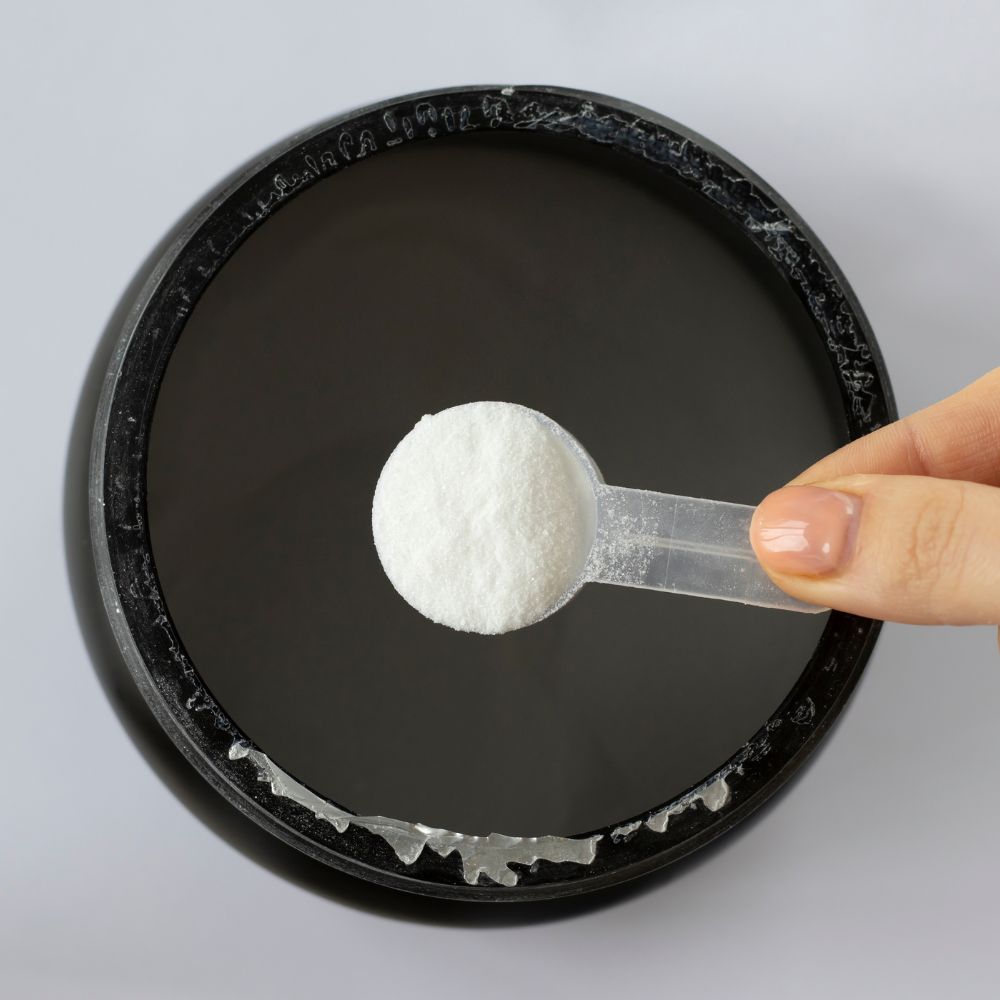Branched-Chain Amino Acids (BCAAs) have gained popularity among athletes, fitness enthusiasts, and those looking to optimize their health. These essential nutrients play a vital role in muscle recovery and overall bodily function. In this article, we’ll explore what BCAAs are, their benefits, how to take them effectively, food and supplement sources, and the pros and cons of their usage.
What Are BCAAs?
BCAAs consist of three essential amino acids:
- Leucine
- Isoleucine
- Valine
These amino acids are known as “branched-chain” because of their distinct chemical structure. Unlike most amino acids, which are metabolized in the liver, BCAAs are primarily metabolized in the muscles, making them particularly important for athletes and those engaged in strenuous physical activity.
What Do BCAAs Do for the Body?
BCAAs serve several essential functions in the body, including:
1. Muscle Protein Synthesis
- BCAAs, particularly leucine, play a crucial role in stimulating muscle protein synthesis. This is vital for muscle repair and growth after exercise.
2. Reduced Muscle Soreness
- Supplementing with BCAAs may help reduce delayed onset muscle soreness (DOMS) after intense workouts, allowing for quicker recovery.
3. Decreased Exercise Fatigue
- BCAAs can help reduce fatigue during exercise by lowering the production of serotonin in the brain, which can enhance endurance performance.
4. Prevention of Muscle Wasting
- BCAAs can help prevent muscle breakdown during periods of caloric restriction or intense training, making them valuable for body composition goals.
How Best to Take BCAAs
1. Timing
- Before Workouts: Consuming BCAAs before exercise can help prepare the muscles for activity.
- During Workouts: Drinking BCAAs during workouts may help sustain energy levels and reduce fatigue.
- After Workouts: Post-workout BCAA consumption can aid in recovery and muscle repair.
2. Dosage
- Common dosages range from 5 to 20 grams of BCAAs per serving. It’s essential to follow the instructions on the supplement label or consult a healthcare professional for personalized advice.
3. Mixing Methods
- BCAAs can be taken in powder form mixed with water or a beverage of your choice. They are also available in capsules or tablets for convenience.
Food and Supplement Sources of BCAAs
Food Sources
Many protein-rich foods naturally contain BCAAs. Some excellent dietary sources include:
- Meat: Chicken, beef, and pork
- Fish: Tuna and salmon
- Dairy: Milk, yogurt, and cheese
- Eggs: A complete protein source
- Legumes and Pulses: Beans and lentils (though lower in total BCAAs compared to animal sources)
- Nuts and Seeds: Almonds and pumpkin seeds
Supplement Sources
BCAAs are widely available in various forms, including:
- BCAA Powders: Usually flavored and easy to mix with water.
- BCAA Capsules/Tablets: Convenient for on-the-go supplementation.
- Protein Powders: Many whey or plant-based protein powders contain added BCAAs.
Pros and Cons of Taking BCAAs
Pros
- Muscle Recovery: Helps reduce muscle soreness and promotes faster recovery.
- Enhanced Performance: May improve endurance and reduce fatigue during workouts.
- Convenience: Easy to take and can be consumed before, during, or after exercise.
- Muscle Preservation: Aids in preventing muscle breakdown during caloric deficits.
Cons
- Limited Benefits for Non-Athletes: Those who consume adequate protein through their diet may not experience significant benefits from supplementation.
- Potential Imbalance: Excessive BCAA intake can lead to an imbalance of amino acids in the body.
- Cost: Quality BCAA supplements can be expensive compared to whole food sources.
- Digestive Issues: Some individuals may experience gastrointestinal discomfort from BCAA supplementation.
Conclusion
BCAAs are valuable for those looking to enhance their exercise performance, recovery, and muscle maintenance. While they offer several benefits, it’s essential to consider your overall diet and individual needs before relying on supplements. By incorporating BCAAs through both food and supplementation, you can optimize your health and fitness goals effectively. Always consult a healthcare professional or a registered dietitian for personalized advice tailored to your specific situation.

